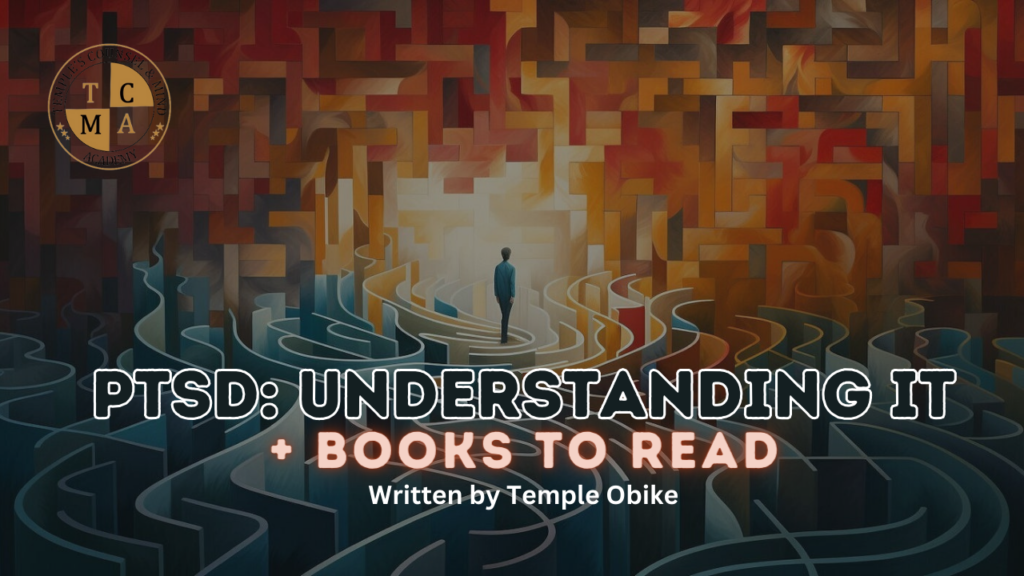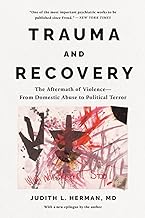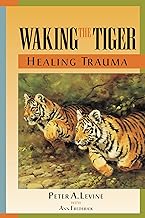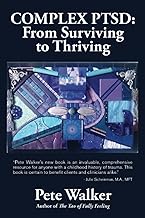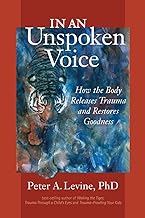Understanding Post-Traumatic Stress Disorder (PTSD) is an important aspect of life and living in todays world. Over the past 13 years of practicing as a marriage counselor, therapist and coach, i’ve discovered that..
…”between 15% to 23 % of all the cases i encountered within an entire year was always rooted in some form of stress disorder “.
WAYS I HAVE SEEN STRESS DISORDERS PRESENT THEMSELVES
The impact of stress disorders, particularly Post-Traumatic Stress Disorder (PTSD), extends far beyond the immediate emotional distress. As a psychotherapist, coach and marriage counselor, here are some profound ripple effects stress disorders presented on various aspects of an individual’s life:
- Disrupted Relationships: One of the most palpable consequences of stress disorders is the strain they place on interpersonal relationships. Individuals with PTSD may struggle with emotional intimacy, experience mood swings, and find it challenging to communicate effectively. This can lead to strained relationships with spouses, family members, and friends, impacting the overall support system crucial for recovery.
- Impaired Occupational Functioning: Stress disorders can significantly impair an individual’s ability to function in a work environment. Concentration difficulties, flashbacks, and hypervigilance can interfere with job performance, potentially leading to absenteeism, job loss, or a decline in career trajectory. The financial implications can further exacerbate stress levels.
- Physical Health Consequences: The mind-body connection is undeniable, and stress disorders can manifest in physical health issues. Chronic stress is linked to a higher risk of cardiovascular problems, compromised immune function, and increased susceptibility to illnesses. The prolonged activation of the stress response system can contribute to long-term health challenges.
- Substance Abuse and Self-Medication: Individuals grappling with stress disorders may turn to substances as a means of coping with their symptoms. Substance abuse can quickly spiral into addiction, creating a dual challenge for individuals dealing with both the original trauma and the consequences of substance dependence.
- Isolation and Withdrawal: The emotional toll of stress disorders often leads to social withdrawal and isolation. Individuals may struggle to engage in social activities, leading to a sense of loneliness and disconnection. This isolation can further exacerbate mental health challenges and hinder the natural support networks available through social connections.
- Sleep Disturbances: Sleep is a critical component of overall well-being, and stress disorders commonly disrupt normal sleep patterns. Nightmares, insomnia, and night sweats are prevalent symptoms, contributing to a cycle of fatigue, heightened stress levels, and impaired daily functioning.
- Impact on Parenting and Family Dynamics: For individuals with families, stress disorders can disrupt parenting dynamics. The emotional availability of a parent with PTSD may be compromised, affecting the emotional well-being of children. Family members may struggle to understand and cope with the changes in their loved one, leading to tension and conflict within the household.
- Suicidal Ideation and Self-Harm: In severe cases, stress disorders can contribute to thoughts of self-harm or suicide. The overwhelming emotional pain, coupled with a sense of hopelessness, may lead individuals to contemplate drastic measures. This underscores the urgency of timely and effective mental health intervention.
UNDERSTANDING THIS CONCEPT
PTSD is a complex and often debilitating condition that can emerge in the aftermath of traumatic experiences. As a psychotherapist with a keen interest in positive content and a diverse professional background, understanding the origins and effective therapeutic strategies for PTSD is crucial. In this article, i’ll explore the roots of PTSD and delve into practical approaches that therapists employ to help individuals navigate the challenging path towards healing.
ORIGINS OF PTSD
PTSD can trace its origins to exposure to a traumatic event, an experience that overwhelms an individual’s ability to cope. Trauma can manifest in various forms, including but not limited to combat, sexual assault, accidents, or natural disasters. The core characteristic of PTSD lies in the persistence of intrusive thoughts, memories, and emotional responses related to the traumatic incident.
The human response to trauma is intricate, involving both psychological and physiological dimensions. Neurobiological changes occur in the brain, particularly in regions responsible for memory and emotion regulation. The stress response system, including the release of cortisol and adrenaline, becomes dysregulated, contributing to heightened arousal and reactivity.
THERAPEUTIC APPROACHES TO TREATING PTSD
As a psychotherapist, an approach to employing effective strategies to assist individuals with PTSD requires a nuanced understanding of the condition. Here are practical approaches that your therapists might utilize in helping you:
- Trauma-Informed Therapy: Adopting a trauma-informed approach is fundamental. This involves recognizing the prevalence and impact of trauma, understanding its effects on individuals, and creating a safe therapeutic environment. Establishing trust and collaboration is crucial in trauma-informed therapy.
- Cognitive-Behavioral Therapy (CBT): CBT is widely recognized as an effective treatment for PTSD. Therapists work with individuals to identify and challenge negative thought patterns and beliefs related to the traumatic event. This process aims to reframe cognitive distortions and alleviate distressing symptoms.
- Exposure Therapy: Exposure therapy involves gradually and safely confronting the memories and situations that trigger PTSD symptoms. This controlled approach helps individuals process and integrate the traumatic memories, reducing their emotional intensity over time.
- Mindfulness and Relaxation Techniques: Mindfulness practices and relaxation techniques can be valuable in grounding individuals and promoting self-regulation. Techniques such as deep breathing, meditation, and progressive muscle relaxation empower individuals to manage heightened states of arousal.
- Eye Movement Desensitization and Reprocessing (EMDR): EMDR is a specialized therapeutic approach that integrates bilateral stimulation to facilitate the processing of traumatic memories. Through a structured protocol, individuals can reprocess distressing memories, reducing their emotional charge.
- Supportive Counseling: Providing a supportive and empathetic space for individuals to share their experiences is foundational. Therapists offer validation, active listening, and guidance, fostering a sense of connection and understanding.
TOP BOOKS THAT CAN HELP YOU FIGHT PTSD
“The Body Keeps the Score” by Bessel van der Kolk
This book is a cornerstone in trauma literature, delving into the effects of trauma on both the mind and body. Van der Kolk, a leading expert in the field, explores various therapeutic approaches and provides insights into understanding and treating PTSD. Getthis book on Amazon here.
“Trauma and Recovery” by Judith Herman
Dr. Herman’s work is highly regarded for its comprehensive examination of trauma and recovery. She draws on clinical experience and research to offer a deep understanding of the psychological impact of trauma and effective strategies for healing. Buy on Amazon Here .
“Waking the Tiger” by Peter A. Levine
Levine focuses on the role of the body in trauma and recovery. This book provides a unique perspective on how the body stores and releases traumatic stress, offering practical exercises to help individuals move through and beyond trauma. Buy on Amazon here .
“Complex PTSD: From Surviving to Thriving” by Pete Walker
Pete Walker, a therapist himself, addresses complex PTSD specifically. This book provides valuable insights into the emotional and psychological challenges faced by individuals with complex trauma histories and offers practical tools for healing. You can get this book on Amazon by clicking here
“In an Unspoken Voice” by Peter A. Levine
Another notable work by Peter A. Levine, this book explores the connection between trauma and the nervous system. Levine provides a guide to understanding how the body processes traumatic experiences and offers exercises to help regulate the nervous system. You can get it on Amazon here .
These books encompass a range of perspectives and approaches, and I believe they could be beneficial for your psychotherapeutic work.
